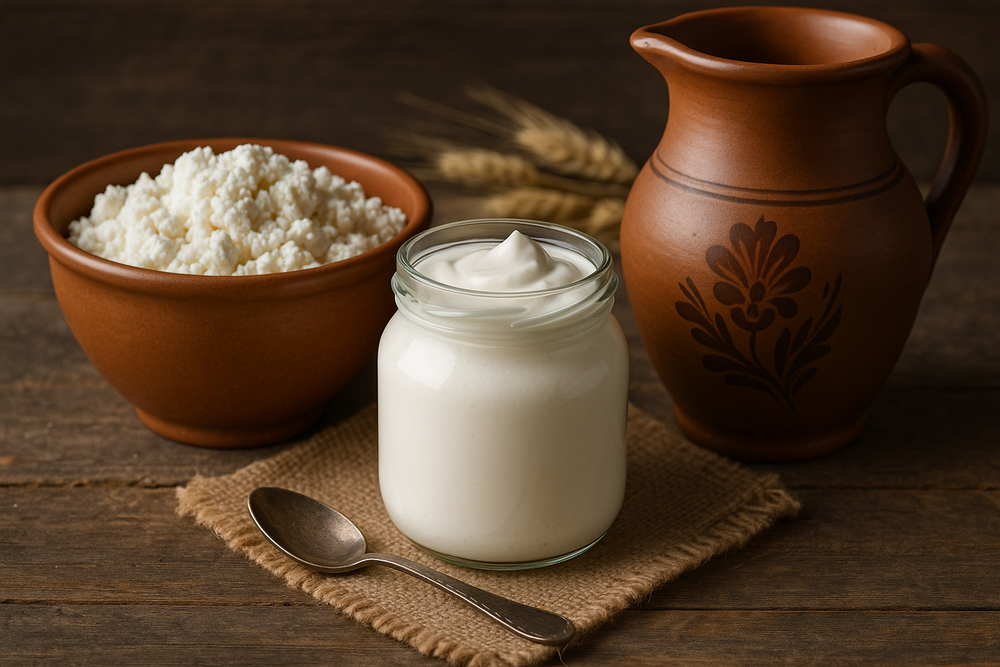
The Secret of Bulgarian Yogurt: How a Local Bacteria Changed the World
Hidden in the sun-kissed valleys and rugged mountains of Bulgaria lies a centuries-old culinary secret that has quietly transformed global nutrition—kiselo mlyako, or Bulgarian yogurt. This unique dairy product is more than just food; it is a symbol of health, longevity, and a testament to the power of nature’s smallest organisms.
At the heart of Bulgarian yogurt is a microscopic hero: Lactobacillus delbrueckii subsp. bulgaricus, often referred to simply as Lactobacillus bulgaricus. This specific strain of bacteria was first scientifically identified in 1905 by Bulgarian microbiologist Stamen Grigorov, who was just 27 at the time. While studying yogurt samples from his homeland, Grigorov discovered that this bacterium, working in harmony with another called Streptococcus thermophilus, was responsible for the fermentation process that gave kiselo mlyako its distinctive taste, creamy texture, and powerful probiotic benefits.
The international scientific community quickly took notice. In 1908, the Nobel Prize-winning Russian biologist Élie Metchnikoff linked the consumption of fermented milk products to the exceptional longevity of Bulgarian villagers. He theorized that the lactic acid bacteria in yogurt suppressed harmful microbes in the gut, contributing to a longer, healthier life. Suddenly, what had been a local tradition became a global fascination.
What sets Bulgarian yogurt apart from other yogurts isn’t just the bacteria—it’s the environment. The strain L. bulgaricus thrives in the specific climatic and ecological conditions of Bulgaria, giving the yogurt a unique richness and sharp, tangy flavor that is difficult to replicate elsewhere. While many countries now produce yogurt using imported strains of Bulgarian bacteria, purists argue that only kiselo mlyako made in Bulgaria, with native milk and cultures, can be considered truly authentic.
The health benefits of Bulgarian yogurt have become legendary. Packed with live probiotics, it promotes digestive health, strengthens the immune system, and may even help reduce inflammation and cholesterol levels. Its high protein and calcium content make it a staple in both traditional and modern diets. For many Bulgarians, yogurt isn’t just a side dish—it’s a daily ritual, eaten with breakfast, lunch, or as a light dinner.
Over the decades, kiselo mlyako has influenced the development of modern probiotic products and wellness trends around the world. From Tokyo to Toronto, health-conscious consumers seek out “Bulgarian-style” yogurt, drawn by its reputation for purity and vitality. In Japan, for instance, Bulgarian yogurt is so popular that it has been produced under license by Meiji since the 1970s, with branding that proudly acknowledges its Balkan roots.
In an age where synthetic supplements and processed foods dominate the shelves, the story of Bulgarian yogurt is a refreshing reminder: sometimes, the best innovations are ancient and natural. Thanks to a humble bacterium from the Balkan mountains, the world enjoys not just better yogurt—but perhaps even better health.





